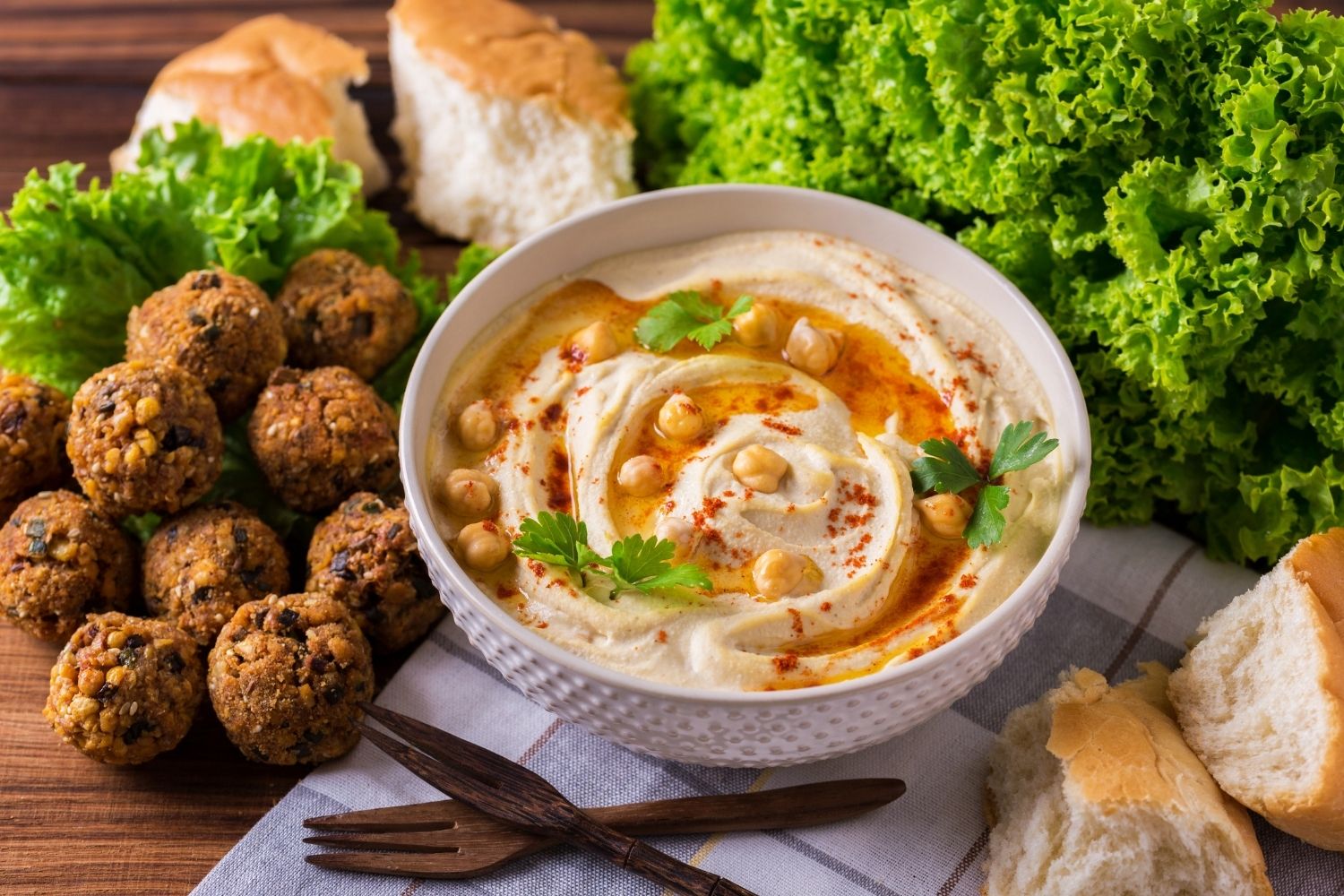
Shaping an inclusive market: Kosher, Halal and Vegan certifications
Transparency and inclusiveness are increasingly central aspects in the eyes of consumers. Reading the label of a product, be it food, cosmetics, or clothing, is often not enough to reassure about the origin of the ingredients it contains. The demand for sustainable products is a trend that will drive market growth in the coming years. On the other hand, in a multi-ethnic society, companies are also called upon to build bridges between different cultures.
Kosher, Halal and Vegan certifications are no longer exclusively required for religious or ethical criteria but are now a guarantee for more attentive and aware consumers.
Halal products for the Islamic world
With a global presence of 1.8 billion people, 23% of the world’s population, Islamic consumers are a rapidly growing segment. A fact that has not escaped the attention of companies, which are committed to developing new products and services in line with the consumption needs of Muslims. In this regard, the offer of Halal-certified products has increased by 19% from 2018 to 2020.
Halal certification is used to certify that food, cosmetics, and chemical-pharmaceutical products, but also industrial processes, comply with the ethical and hygienic-sanitary standards of Islamic law and doctrine. It is also applicable to services, such as financial, insurance and tourism services.
It certifies the quality standards, the supply chain, and the products, including quality control systems, raw material procurement, transformation processes, internal logistics, storage, and transport to the final destination.
The main requirements for obtaining certification are the following:
- absence of non-conforming substances (raw materials, ingredients, additives, etc., including those that do not appear on the label but come into contact with the product);
- Non-contamination between Halal and Haram ingredients (forbidden) through separation of production lines;
- traceability of products and raw materials;
- hygiene and safety;
- company quality system compliant with Halal production.
The growth of the Kosher market
Kosher products are registering increasingly high growth rates in countries such as the United States, Israel, Poland, Hungary, and Romania, but also in Italy. Kosher products are not only requested by consumers belonging to the Jewish community, but also by Muslims, Hindus, vegetarians, and vegans sensitive to the criteria of quality and traceability. It may be the fact that Kosher food is perceived as cleaner or healthier or that people want to be sure that a certain product does not contain potential allergens, such as shellfish.
A Quartz study revealed that despite only 2% of the US population being Jewish, about 41% of all American packaged food is certified Kosher. Global Kosher food sales are expected to increase to nearly $60 billion in 2025, up from $24 billion in 2017. It is no surprise, then, that more and more companies are moving toward becoming Kosher certified.
With Kosher we mean the set of norms that regulate food consumption according to the Torah. The certification is obtained as a result of an inspection process by a specialized rabbinical authority, which verifies the conformity of production to Jewish rules. The supervision concerns two aspects in particular:
- the ingredients, that is all the raw materials present in a product, which must be Kosher;
- the processing facilities, which cannot be contaminated with non-permitted foods.
The vegan revolution
There are an estimated 79 million vegans in the world and 55,000 products certified as vegan, including foods and beverages. The demand for vegan products is transversal: consumers are moving towards conscious and sustainable choices, such as those offered by a plant-based diet. We are facing a real revolution in consumption, destined to transform the market in the years to come.
Different certifications are available for vegan products (such as Veganok, the most widespread in Europe), guaranteeing the absence of any substance of animal origin in every phase of their production. The certifications apply to any type of product and sector, but they are mainly used in the food, cosmetics, and textile industries.
Ethics and inclusiveness: EPO’s choices
Inclusiveness and respect are cornerstones of our code of ethics and one of our corporate objectives. For years we have been committed to offering our botanical extracts in accordance with the needs of each final consumer, ensuring full traceability of raw materials and transparency of production processes.
Kosher and Halal certifications are an acknowledgment of the quality and safety of EPO’s products, as well as an opening to all customers around the world. Except for extracts made from bee products such as propolis and pollen, all other botanical extracts are suitable for a vegetarian and vegan diet: in fact, we do not use any substance of animal origin in our production process. More information about certifications and traceability of EPO’s extracts is available here.